A growing body of evidence indicates that e-cigarettes deliver fewer harmful chemicals than traditional cigarettes and may support smoking cessation.

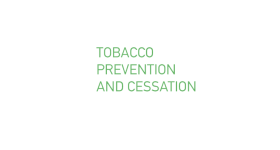
A growing body of evidence indicates that e-cigarettes deliver fewer harmful chemicals than traditional cigarettes and may support smoking cessation.
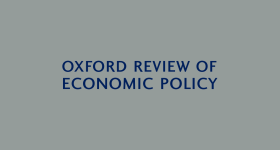
Building trust in digital trade will require a rethink of trade policy-making
Trust is essential to democratic capitalist functioning because buyers and sellers don’t know each other. But the same is true for users and providers online.

Which matters more, the means or the ends? Preferences for responsiveness in process and policy
Public dissatisfaction with democracy seems to have increased across the world.

Graggle: A Graph-based Approach to Document Clustering
In this work, researchers have designed and implemented a new system they call Graggle, which builds a graph to model a corpus.

Economic risk framing increases intention to vaccinate among Republican COVID-19 vaccine refusers
The COVID-19 pandemic remains a global threat to lives, livelihoods, and lifestyles.
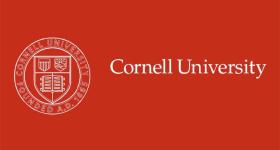
Beyond Digital "Echo Chambers": The Role of Viewpoint Diversity in Political Discussion
Modern political conversations are typically perceived to be unproductively affirming -- siloed in "echo chambers" of exclusively like-minded discussants.

Cigarette smoking among sexual and gender minority (SGM) groups in the United States is higher than heterosexual and cisgender individuals.
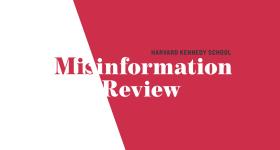
Fact-checking Trump’s election lies can improve confidence in U.S. elections: Experimental evidence
As the 2020 campaign unfolded President Trump’s attacks on the integrity of the U.S. electoral system grew louder and more frequent.
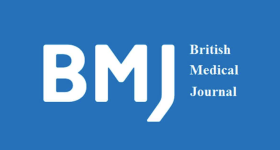
To enter or stay in the US market, tobacco manufacturers must submit a Premarket Tobacco Product Application (PMTA) to the Food and Drug Administration (FDA).
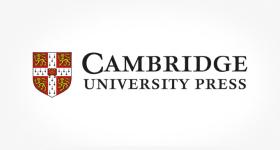
The researchers conducted experiments to evaluate the immediate and medium-term effects of misinformation and factual corrections during the 2020 election.
